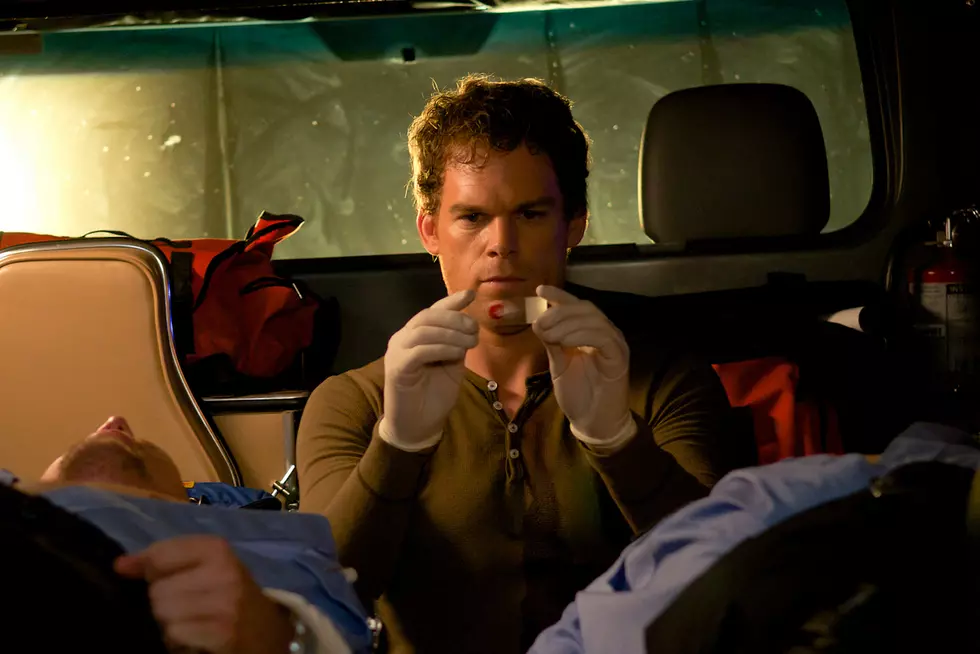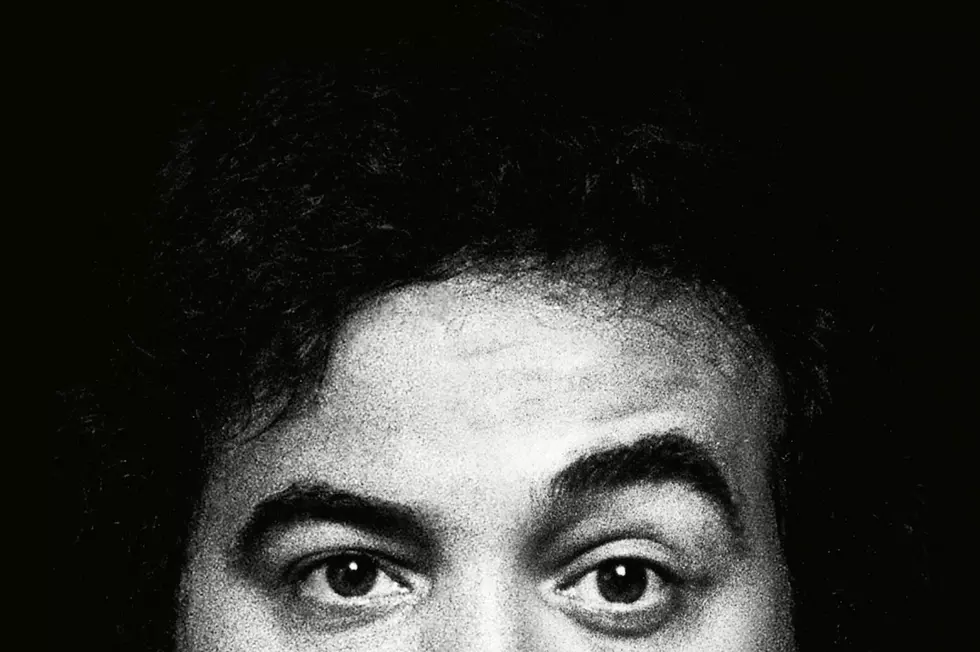
‘Homeland’ Review: “Game On”
On this week's all-new episode of 'Homeland,' the CIA continues to exert power over Carrie's life, while she's coaxed into meeting that mysterious client. Meanwhile, Fara and Saul follow the Iranian money trail to an unlikely source, and Dana and her boyfriend Leo run off together, leaving Jessica bewildered. "Game On" is a narrative improvement over last week's episode, but it still leaves a bit to be desired.
I'm not sure that I'm entirely on board with this week's episode -- if anything, it serves as a reminder that Brody's story is of little consequence or interest. We spent so much time with him last week, as he found a new form of imprisonment in Venezuela, and while that plot certainly had its intriguing aspects (that creepy doctor, for one), it leaves us asking, "Why?" That question is reiterated this week as "Game On" leaves Brody behind once again. Brody is an interesting character, for sure, but it feels as though his involvement with the show has run its course for the time being ...
But then there's the whole matter of this Iranian money trail, which has led Fara and Saul to, of all places, Venezuela, where an Iranian terrorist by the name of Jabhadi is embezzling millions of dollars from the Revolutionary Guard under the name Nasser Hejazi (a famous Iranian soccer star who is now deceased). Jabhadi owns a soccer team in Venezuela, and uses it and the stadium as a front for laundering his cash. Fara is so stoked to nail this guy, and your heart breaks for her as Saul explains that they have to pocket the information for now and keep quiet until the time is right -- Fara has a few lessons to learn about how the CIA likes to handle their intelligence, and their preferred methods of interviewing terrorists.
From a narrative standpoint, there's plenty of momentum this week both at the CIA and with Carrie, whose hopes of being released from the psych ward are dashed when Dar Adul uses federal authority to keep her locked up. There's a great exchange between Carrie and her lawyer when it's revealed that Carrie signed over certain civil liberties to the CIA, which she explains as "Life, liberty, and the pursuit of happiness, apparently."
Enter the mysterious law firm representative from last week, whose bosses work some magic with a judge to get Carrie released, under the agreement that she will at least meet with his client, if nothing else. But her release offers her little stability, mental or otherwise. The CIA's reach is far and wide, and even if they can't keep Carrie locked up, they can keep her locked down. Whether inside the psych ward or out, the CIA can take everything that makes Carrie feel secure on basic level (car, money), and use it to build walls around her, closing them in tighter and tighter. Freedom's just another word for nothing left to lose.
Although she's been cleared by her doctors, Carrie is still this manic bundle of nervous energy. She goes to her one night stand from the first episode and asks to spend the night, knowing she's being watched by this enigmatic law firm. She calls Virgil (thank goodness! This show needs more Virgil!) for help. But in the end, she meets Leland Bennett, the lawyer who represents a mysterious Iranian with an interest in how his six business associates were killed a couple of episodes back.
And then we're asked to suspend our disbelief a little too much -- we knew Carrie wouldn't flip on the CIA, but the idea that most of this was orchestrated by Saul to get Jabhadi seems almost a laughable twist. A twist asks the audience to retrace the steps we took to get here, to re-examine every moment and understand how it was possible. A twist is a clever maneuver, carefully plotted and planned; this almost feels tacked on -- not haphazardly, but a moment tacked on because it could feasibly make sense. Carrie's trip to the bank or discovering that her car is missing, for instance, had to be genuine moments and not just for show to Bennett and his lackeys. Just when did she and Saul plot this scenario? Was Carrie's attempt at running away for a few days before or after Saul asked her to meet with Bennett? If after, it does sort of make sense -- clearly this mission is taking a toll on an already burnt out Carrie, a Carrie who can barely keep it together for five minutes during a hearing on whether or not she should be allowed to go home from the psych ward.
I'm not saying I don't but the twist -- I'm just saying that it hardly feels earned, and instead appears to be the work of someone trying to find a quick way out of the corner that's been painted here. We knew this season would inevitably be tricky, and that far-reaching plot elements such as this would be expected.
We're seeing a darker side of Saul this year, and in previous years where he always seemed to have Carrie's best interests at heart even when he was utilizing her weakness for the greater good, his using and manipulating her has become more blatant. With the way he lashed out at Fara when they first met, and the way he's been running Carrie into the ground privately and publicly, Saul is proving that he's just as zealous as Carrie when it comes to this work -- unfortunately for her, he has more power and authority behind him, and she is always either a casualty or a liability.
Elsewhere in the episode, Dana runs away from home with Leo, ditches her phone, smokes some pot, trades her mom's car for a less conspicuous vehicle, and hangs out in a cemetery. Although it doesn't feel as integral to what Carrie, Saul, and the Iranians are up to, I'm sort of enjoying Dana's crazy teenage shenanigans. Unfortunately, she's hooked up with a guy who may or may not have killed his own brother. But hey, let's not be too hasty to judge. Surely he had his reasons.
More From ScreenCrush









